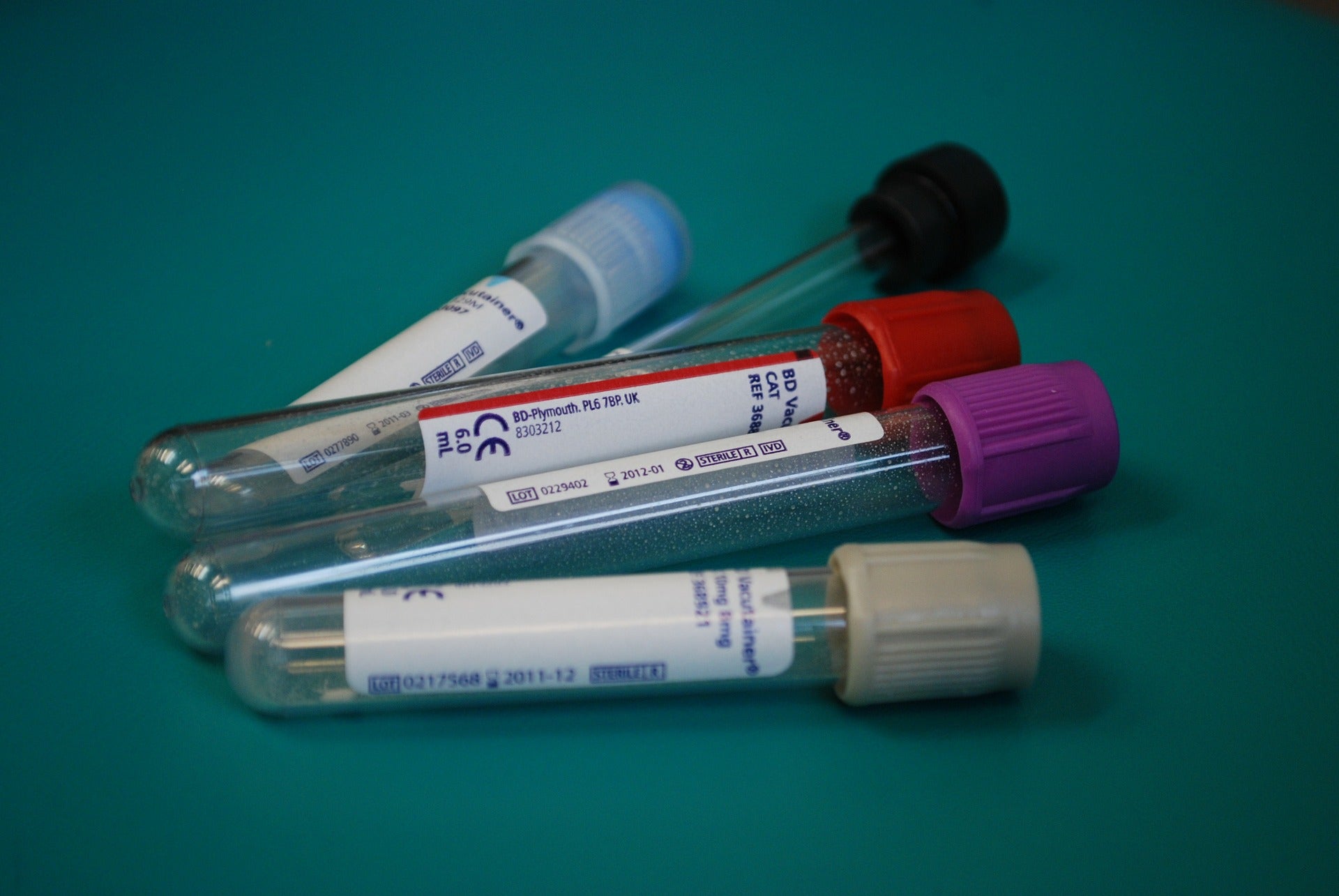
UK-based liquid biopsy company Angle has initiated the main phase of its ovarian cancer test study and enrolled its first patient.
Set to enrol a total of 200 subjects, the clinical verification study will evaluate the use of the company’s Parsortix and HyCEAD Ziplex platforms as a blood test to identify the presence of ovarian cancer.

Discover B2B Marketing That Performs
Combine business intelligence and editorial excellence to reach engaged professionals across 36 leading media platforms.
The University of Rochester Medical Center Wilmot Cancer Institute in the US is undertaking the study.
The test will detect the presence of ovarian cancer in women with a pelvic mass and evaluate the performance of the company’s combined platforms.
Angle noted that the combined Parsortix and HyCEAD Ziplex test will be carried out in a clinical setting and with clinical samples to gather circulating tumour cells and undertake multiplex RNA analysis.
Angle founder and chief executive Andrew Newland said: “We are excited about the start of the full clinical verification study to demonstrate the performance of our ovarian cancer test designed to support the launch of a clinical assay at a clinical laboratory and/or via a commercial partnership.”

US Tariffs are shifting - will you react or anticipate?
Don’t let policy changes catch you off guard. Stay proactive with real-time data and expert analysis.
By GlobalDataThe company expects a positive outcome which will aid in its plans to release a clinical assay to detect ovarian cancer in women who have an abnormal pelvic mass.
The assay is expected to have high specificity and a high sensitivity to cancer.
Angle plans to conclude the study in the first quarter of next year. The company claims to have no power over patient enrolment.
In June, Angle reported positive findings from clinical study ANG-002, which assessed its Parsortix system for the capture and harvesting of metastatic breast cancer cells.
Last October, the company reported positive results from a clinical study evaluating its Parsortix system for non-invasive prenatal testing (NIPT).





